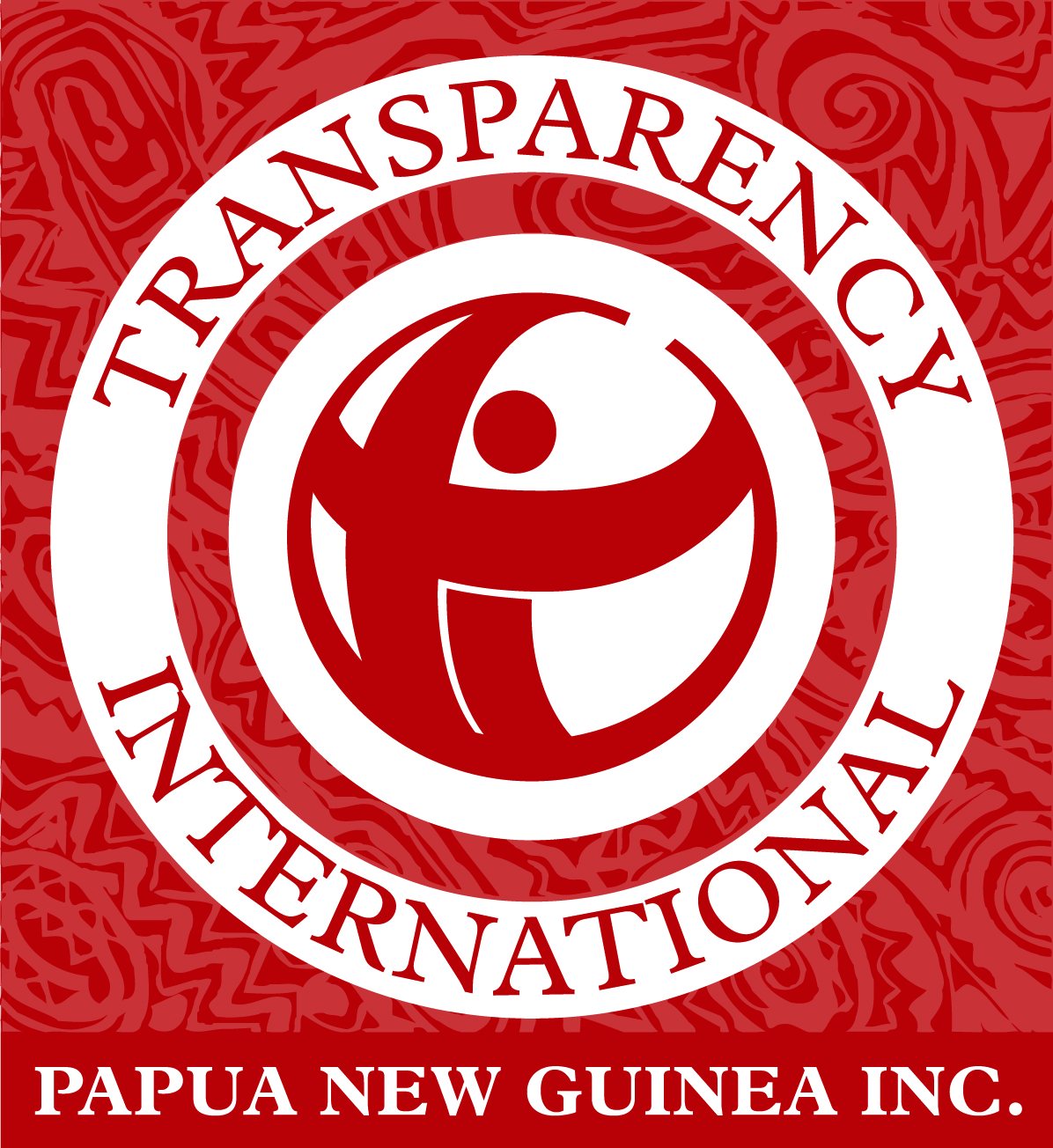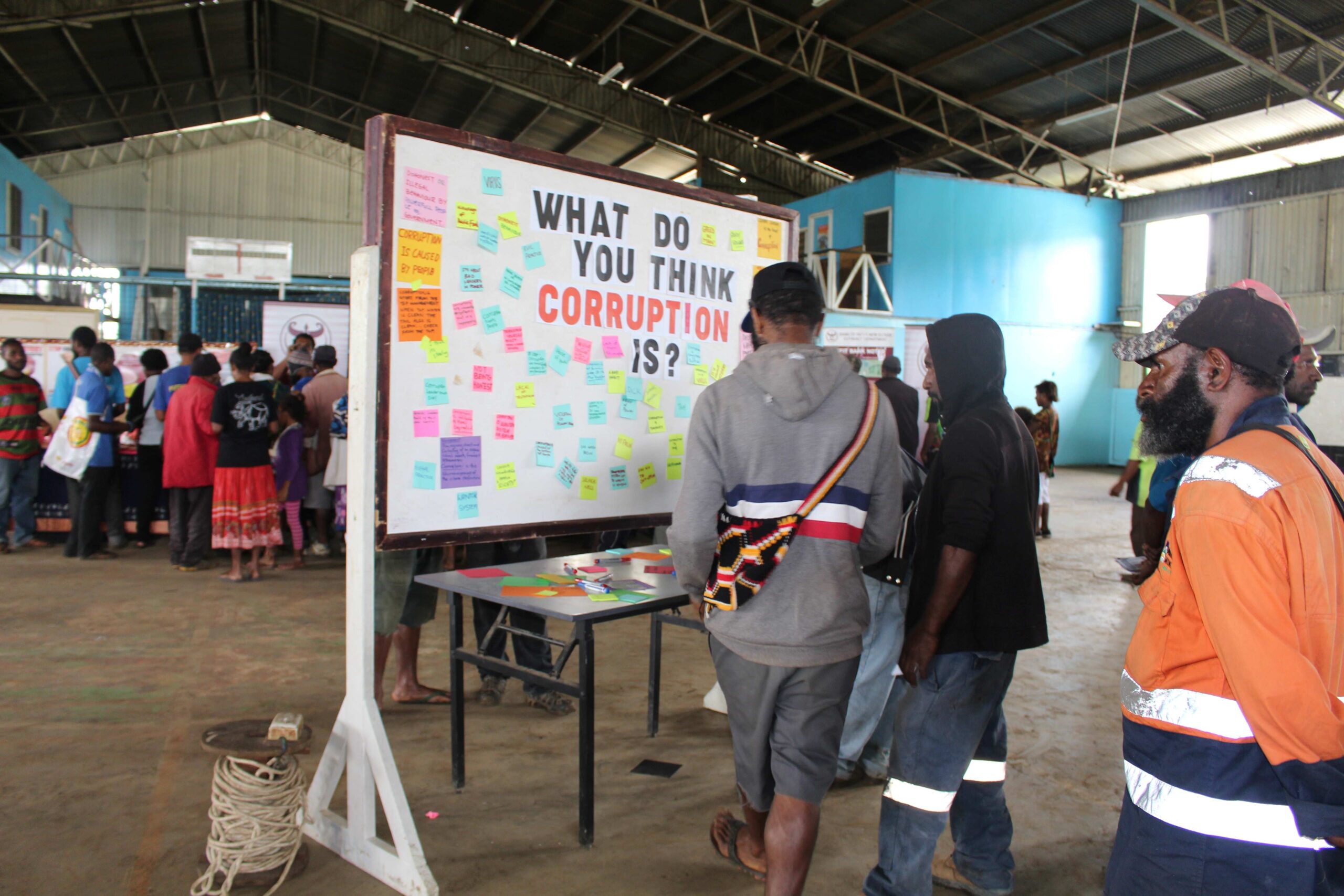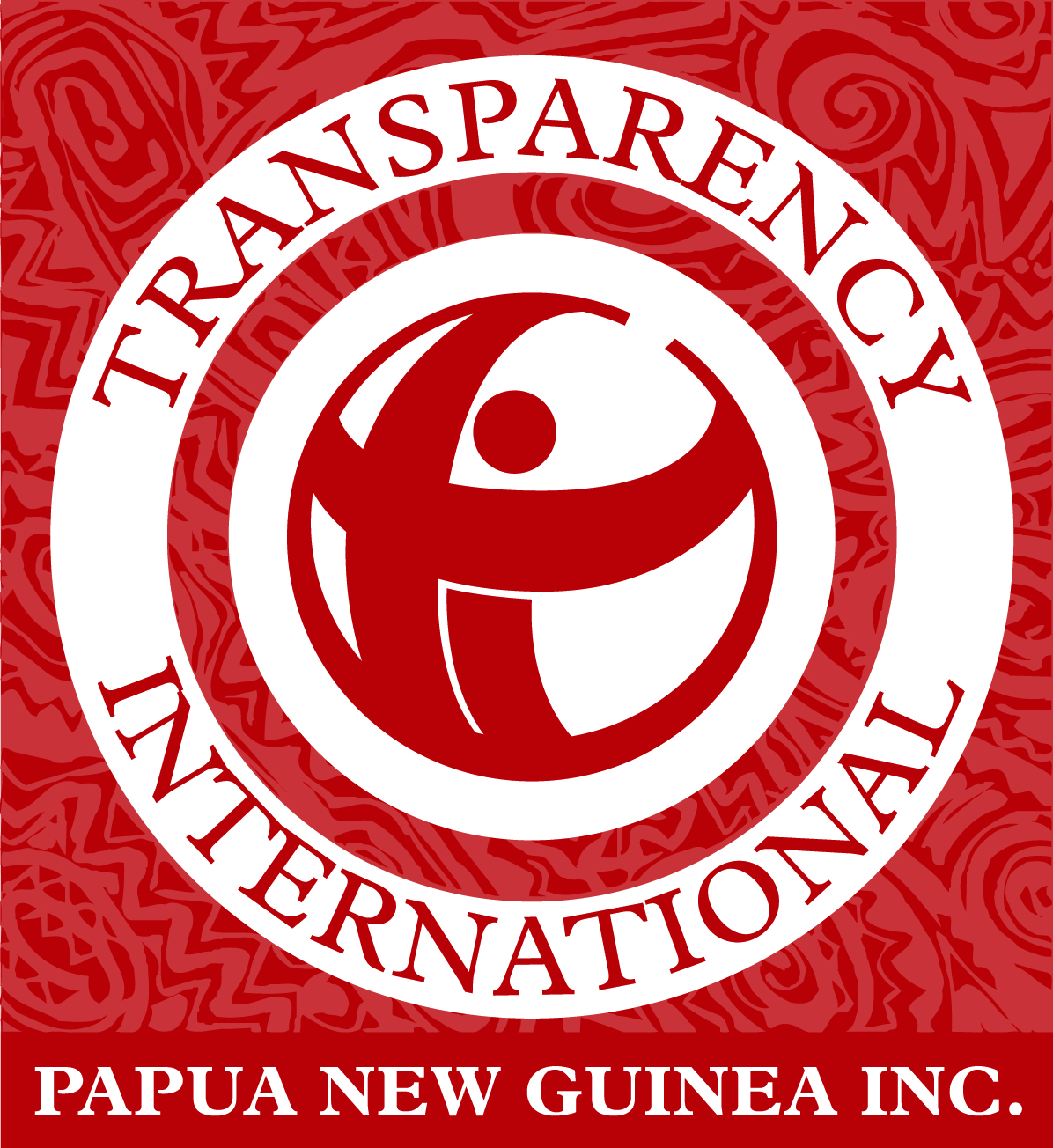Constitutional freedoms and expectations of good governance in Papua New Guinea could be irrevocably damaged if the Government does not heed widespread concern and either amend or repeal the Public Health Emergency Act 2020 warns Transparency International PNG (TIPNG).
TIPNG has raised concerns over the lack of public consultation and justification prior to the enactment of a law that appears to excessively restrict citizens’ rights, within an indefinite time-period, and with no Parliamentary oversight.
“The Constitution of Papua New Guinea has strict measures on the use of Emergency Powers, for instance limiting any declared emergency to a maximum of two months, and only with the express authorization of our elected representatives in Parliament. Both of these measures are lacking in the new legislation, and this is a serious concern as it means there are fewer protections from the abuse of this power” said Peter Aitsi, Chairman of TIPNG in a statement.
“Since the declaration of the COVID-19 SOE in March 2020, the State has allocated substantial public funds to address the Emergency and yet has not fulfilled its promise to table an audited and detailed report of expenditure in Parliament. This new law further weakens this expectation of accountability and also lacks the critical safeguards against corruption that are provided in the Constitution such as a Parliamentary Committee to provide oversight on behalf of citizens.”
“The Government is urged to demonstrate leadership and act to either fix the weakness in the Public Health Emergency Act through amendments or repeal the Act entirely and rely on the Constitution and existing laws such as the Disaster Management Act 1984 for future emergencies. Failure to act will leave the door open for abuse by corrupt persons seeking to self-enrich from weak laws.”
These issues are not unique to Papua New Guinea other governments around the world have sought to enact legislation to address the global pandemic. However, in making laws, elected leaders must ensure they fully consider powers within existing legislation, the legislation be case specific, limited in scope, publicly transparent and promote accountability.
Ends…///






